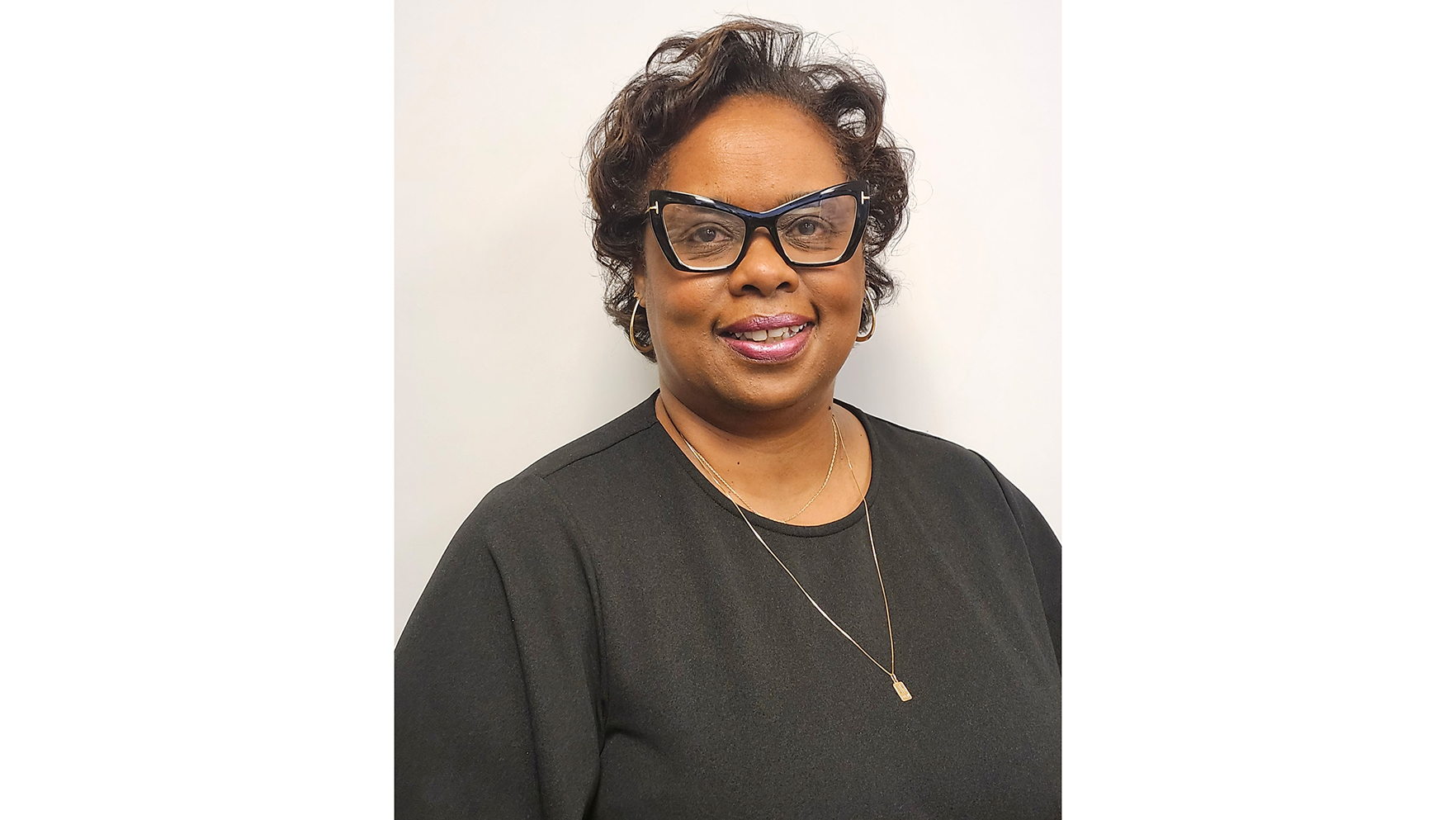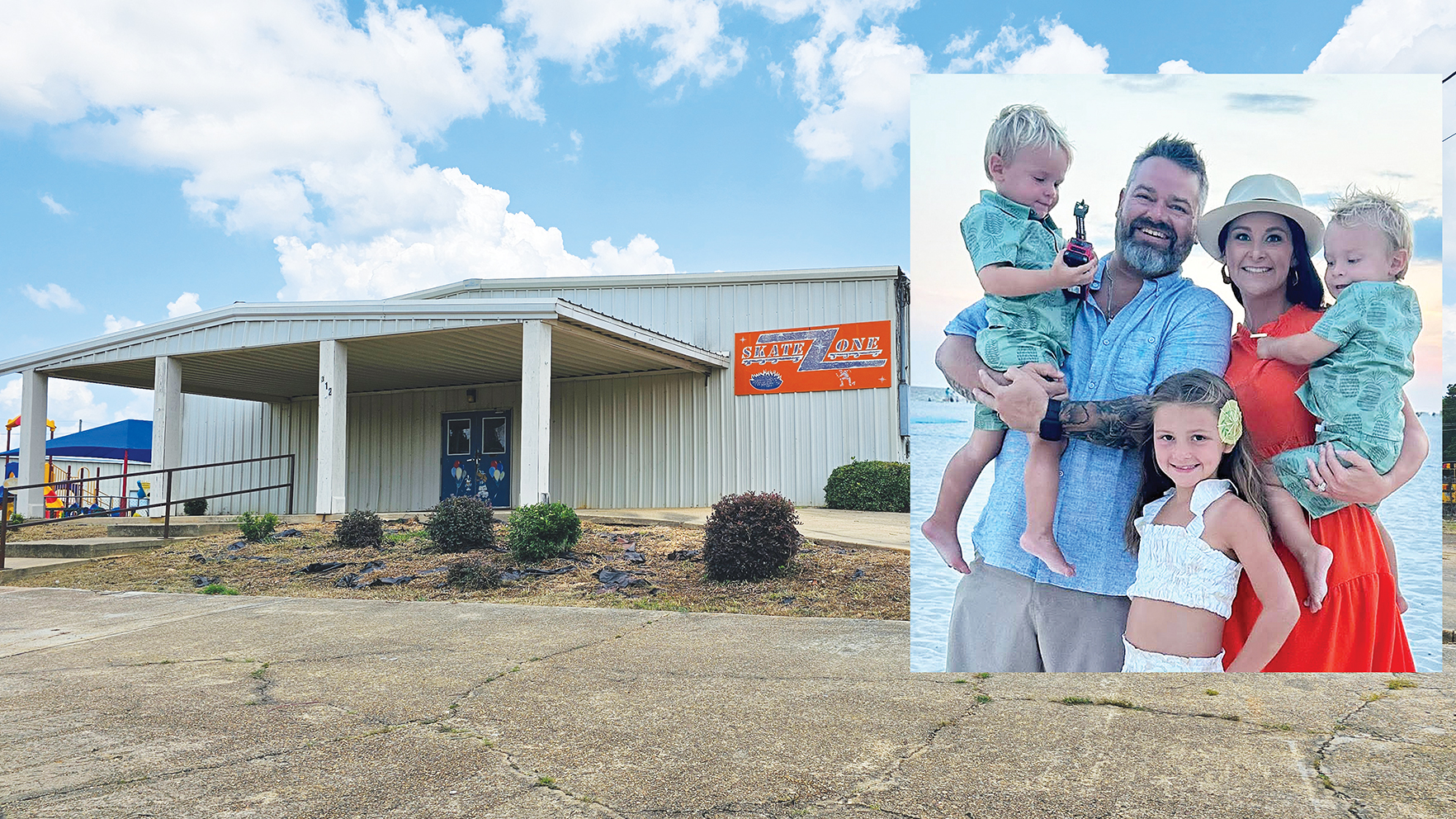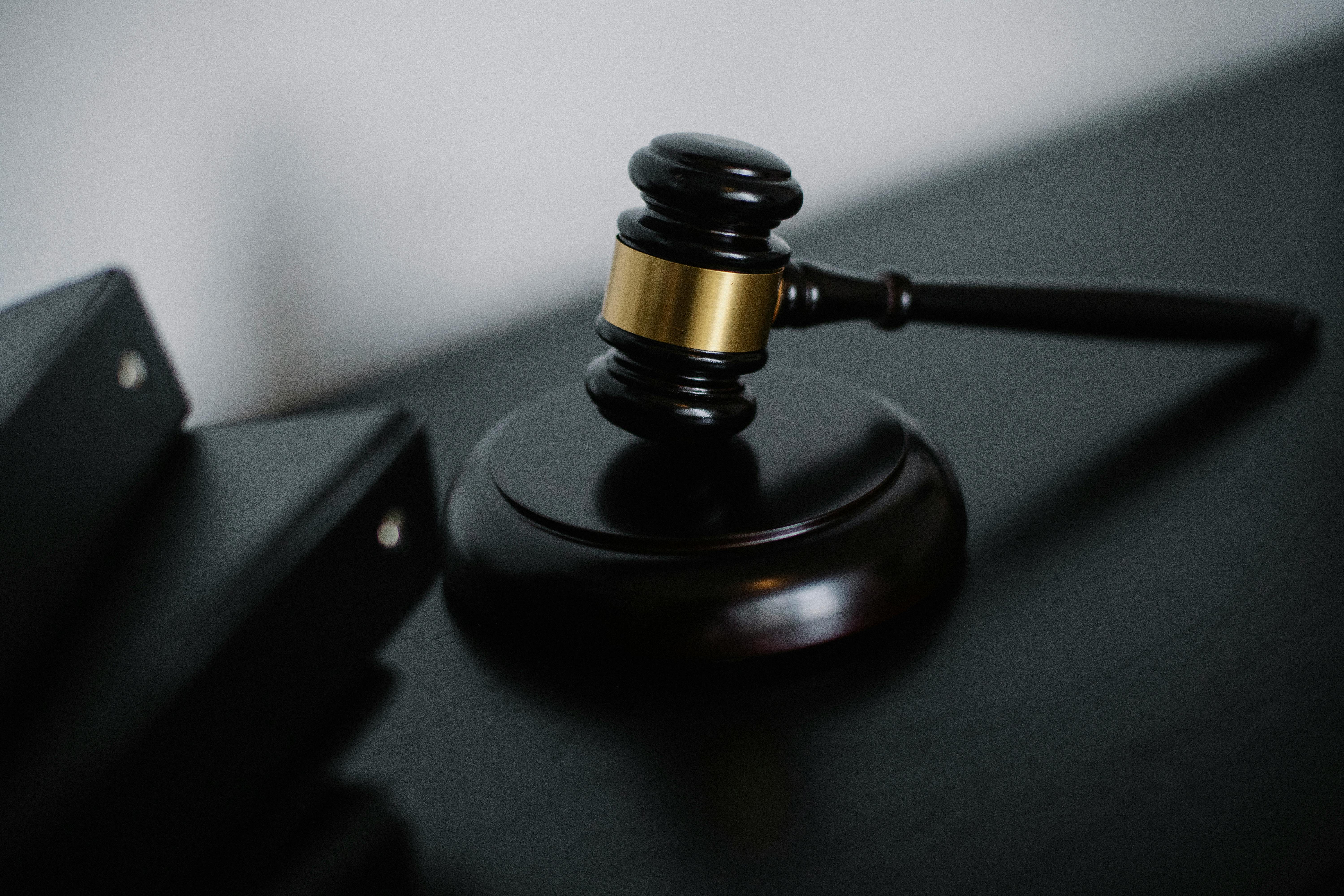Ready to ride? Industry sees changes
Published 10:15 pm Tuesday, February 14, 2017
Locals tell me Wesson once had a thriving taxi service. No bright yellow cabs, though. Just a couple of personal cars, employed on an as-called basis.
If you’ve been in a big city in the last few years, you probably know that form of transportation has made a comeback. The rise of peer-to-peer ridesharing apps from companies like Uber and Lyft has taken the traditional act of carpooling to a new commercial level. Here’s how it works: A rider uses his smartphone to connect with a driver who provides transportation, using his own car, for a fee. The managing company gets a cut. The service enables inebriated riders to get home safely, travelers to get to the airport on time, and hungry office staff to get lunch delivered.
The ride-hailing industry is growing exponentially, primarily because of its economic appeal. An Uber rider traveling from Jackson-Evers International Airport to downtown Jackson, for example, pays an average fare of $18. The same trip with Veterans Cab Taxi Services is $38. States and cities have the tough job of regulating a proper balance between safety measures and free enterprise in these businesses.
Trending
Last month, Massachusetts took the driver’s seat to improve background screening of ride-hailing service employees, setting what Gov. Charlie Baker calls a new “national standard.” The law requires drivers for companies such as Uber and Lyft to pass what Massachusetts officials are calling the most stringent background checks for the industry in the United States. The increased scrutiny comes amid growing concerns over passenger safety in the app-oriented transportation world, with Massachusetts’s most recent criminal incident occurring on Christmas Day. Boston-area Lyft driver Kiona Thomas, 25, allegedly stabbed a rider in the neck after the two argued about how many passengers Thomas could transport. Nevada, California, and Michigan have reported similar stabbings involving ride-hailing service drivers, and accusations of sexual assaults and robberies have plagued the industry as well.
Uber’s compliance with Massachusetts’ new regulations comes on the heels of a $25 million-dollar payout by the company to settle a California lawsuit related to security issues. Prosecutors there alleged Uber and Lyft failed to conduct proper background checks on drivers working the Los Angeles and San Francisco beats. In Uber’s case, the failure resulted in the hiring of 25 drivers with a range of felonies (murder, assault, child abuse) on their records.
Rapid expansion (Uber alone offers service in 550 cities) may be one reason laws affecting ride-hailing businesses across the nation vary significantly. Last May, Uber and Lyft pulled out of Austin when the city decided to instate fingerprinting requirements for drivers. In contrast, the Maryland Public Service Commission considered similar fingerprint-based background checks for drivers in December and voted no.
Mississippi dealt with the issue last year when Gov. Phil Bryant signed House Bill 1381, which puts the state Insurance Department in charge of overseeing the services. The law requires each company to pay a $5,000 yearly license fee and to have insurance covering the transportation of passengers. While carrying passengers, drivers must be insured for up to $1 million. Criminal background checks are also required on drivers.
Wesson resident Kim Henderson is a freelance writer. Contact her at kimhenderson319@gmail.com.





